Introduction to Garden Moong Dal
Garden Moong Dal is a cherished delicacy that holds significant cultural and nutritional value across various regional cuisines. This legume, known for its light flavor and versatility, forms the backbone of numerous traditional dishes, earning a place of distinction in culinary practices around the world. The moong dal, or split green gram, is often lauded for its high nutritional content, being rich in protein, fiber, and essential vitamins, making it a staple food in many households.
The preparation of Garden Moong Dal involves traditional methods that have been passed down through generations. Typically, the dal is soaked and then either boiled or cooked to achieve a soft, creamy texture. Spices such as turmeric, cumin, and coriander are commonly used to enhance its flavor, while additions like garlic and ginger provide aromatic depth. In some recipes, the dal is sautéed with mustard seeds and curry leaves, adding a distinctive regional flair.
Regional variations of Garden Moong Dal exhibit the rich diversity of its preparation. In Indian cuisine, for instance, it is often prepared as ‘moong dal tadka’ or ‘moong dal masala,’ where tempering or spicing methods differ subtly from region to region. Similarly, in Southeast Asia, variations can be found in salads or soups, where the dal might be paired with local herbs and vegetables, illustrating its global adaptability.
Culturally, moong dal holds a prominent place in communal feasts and daily meals. Its nutritional benefits make it an essential part of vegetarian diets, often serving as a key protein source. Furthermore, its easy digestibility makes it a preferred choice for young children and the elderly, as well as during convalescence.
In summary, Garden Moong Dal is not only a testament to time-honored culinary traditions but also a vital component in the quest for balanced nutrition. Its unique flavor profile and versatile nature make it a beloved choice among varied communities around the globe.
Authentic Recipes Using Garden Moong Dal
Garden Moong Dal, also known as green gram, lends itself well to an array of traditional and modern recipes, delighting a spectrum of taste preferences ranging from spicy, tangy, to savory. One such cherished recipe is the classic Moong Dal Tadka, a staple in Indian households. Begin by rinsing a cup of Garden Moong Dal thoroughly. Cook the dal with three cups of water until tender. Meanwhile, heat a tablespoon of ghee in a pan, and add cumin seeds, minced garlic, ginger, and green chilies. Stir in chopped tomatoes and cook until soft. Add salt, turmeric, and coriander powder. Combine the cooked dal, mix well, and simmer. Garnish with fresh cilantro and serve hot with steamed rice or flatbread.
For those seeking a tangy twist, Garden Moong Dal Salad offers a refreshing alternative. Boil one cup of moong dal until al dente. Mix it with diced cucumber, tomato, and onion. Drizzle with lemon juice, sprinkle with chaat masala, and toss with chopped cilantro. This salad not only makes for a wholesome meal but can be adapted for a commercial kitchen as a healthy side dish.
To cater to savory cravings, try Moong Dal Pancakes. Soak one cup of Garden Moong Dal overnight. Blend with spices such as cumin, coriander, ginger, and green chilies into a smooth batter. Heat a non-stick skillet, pour a ladle of batter, and cook until golden brown on each side. These pancakes can be accompanied by chutneys or yogurt, making them perfect for breakfast or snacks.
Achieving the best texture and flavor with Garden Moong Dal involves a few key tips: always rinse the dal thoroughly to remove impurities, soak it for a few hours to reduce cooking time, and use fresh, high-quality spices. Variations can easily be incorporated to suit dietary restrictions. For instance, replace ghee with olive oil for a vegan option or use rock salt for those on a low-sodium diet.
Whether for home cooking or commercial production, these adaptable recipes demonstrate the versatility of Garden Moong Dal. Its ability to complement a plethora of flavors makes it an invaluable ingredient in both traditional recipes and innovative dishes.
Garden Snacks: Catering to Regional Tastes and Preferences
Garden’s extensive range of namkeens and snacks stands as a testament to the brand’s commitment to catering to the diverse palates found across different regions. Given the rich culinary heritage that varies from state to state in India, understanding and respecting local tastes are vital for creating authentic and beloved products. It is through this nuanced approach that Garden has succeeded in appealing to a broad spectrum of snack enthusiasts.
To illustrate, consider the highly popular Mumbai Mix, a delectable blend comprising sev, peanuts, and puffed rice seasoned with a spicy masala. This mix captures the essence of Mumbai street snacks, mirroring the distinct flavors and textures cherished by the city’s residents. Equally noteworthy is the Chennai Mixture, which integrates ingredients like murukku, boondi, and curry leaves. This offering reflects the flavors preferred in Tamil Nadu, with its unique combination of spices and crunchiness.
Moving towards the northern regions, the Punjabi Tadka is a celebrated snack, distinguished by its robust flavors of onion, garlic, and a hint of garam masala. It embodies the bold and hearty culinary tradition of Punjab, catering exactly to the regional palette. Similarly, in Gujarat, Khatta Meetha is a beloved variant, balancing sweet and sour notes that resonate with the local taste preferences, thus highlighting the state’s love for contrasting flavors.
By delving into these regional culinary traditions, Garden ensures that the authenticity of their snacks is maintained, promising customer satisfaction and loyalty. Garden’s product development team conducts extensive research and collaborates with local chefs and tastemakers to ensure that their offerings are not only distinctive but also stay true to the regional flavors they represent. This strategic approach not only garners local approval but also enhances Garden’s reputation nationwide.
Global Partnership Opportunities with Garden
As the global culinary landscape continues to evolve, the demand for authentic, high-quality ingredients like Garden Moong Dal has never been higher. Garden’s commitment to traditional flavors and superior quality makes it an enticing partner for international markets seeking to offer genuine and delectable snack options. The expansion of Garden Moong Dal into new territories not only broadens the availability of these beloved snacks but also enhances cultural culinary exchanges.
One of the primary benefits of partnering with Garden is the brand’s unwavering focus on quality. Garden’s authentic recipes are steeped in tradition, ensuring that each product captures the essence of original flavors. For international markets, bringing in such authentic offerings can differentiate them in the competitive snack industry. Moreover, as consumers increasingly seek natural, minimally processed foods, Garden’s commitment to using high-quality ingredients stands out, appealing to health-conscious buyers worldwide.
Successful case studies highlight the potential of these partnerships. For instance, collaboration between Garden and a renowned European supermarket chain led to a significant increase in demand for traditional Indian snacks. The partnership not only boosted sales but also enriched the supermarket’s product portfolio with unique, culturally rich options. Similarly, a Japanese retailer experienced remarkable growth in customer engagement by introducing Garden’s snacks, thus unveiling new market potential through cross-cultural culinary experiences.
For businesses interested in collaborating with Garden, the steps are strategically streamlined. Initially, potential partners should conduct market research to identify target consumers and demand for authentic snacks. Following this, businesses can present detailed proposals, outlining the market strategy, distribution channels, and marketing plans tailored to the specific international market. Garden values transparency and mutual growth, ensuring that all partnerships are beneficial for both parties.
In conclusion, the opportunity to partner with Garden opens a gateway to a world of authentic flavors and cultural richness. By leveraging Garden’s traditional recipes and dedication to quality, global businesses can enhance their product offerings and tap into a growing market craving for genuine culinary experiences



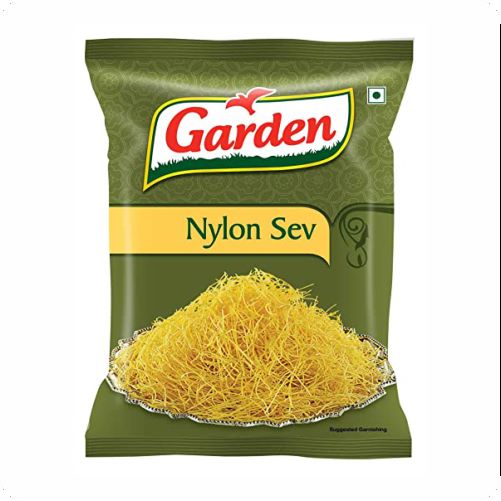



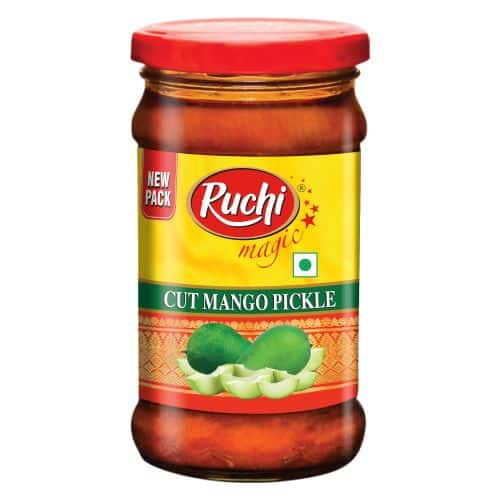

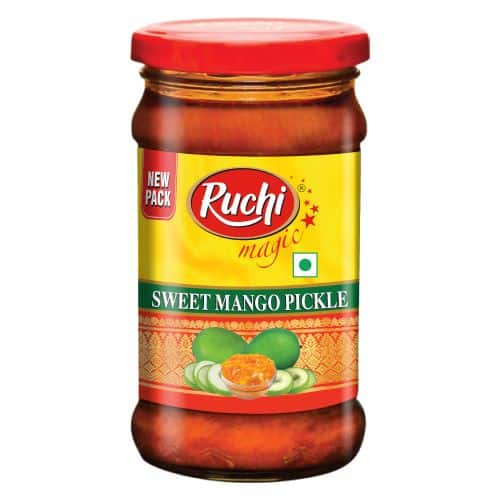
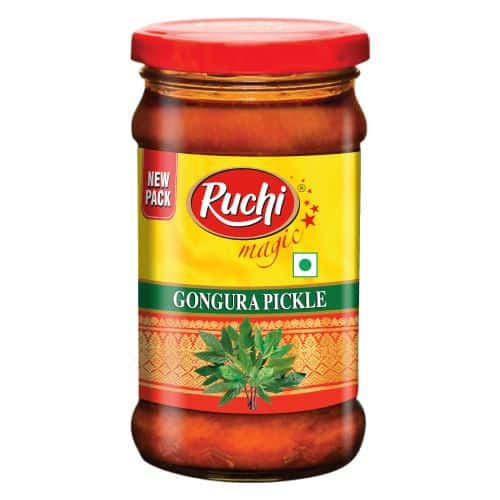

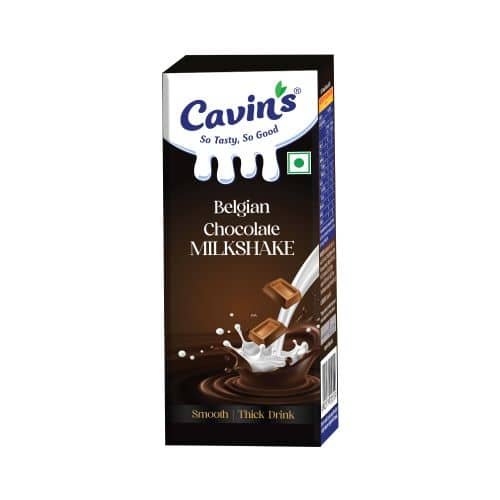
Reviews
Clear filtersThere are no reviews yet.